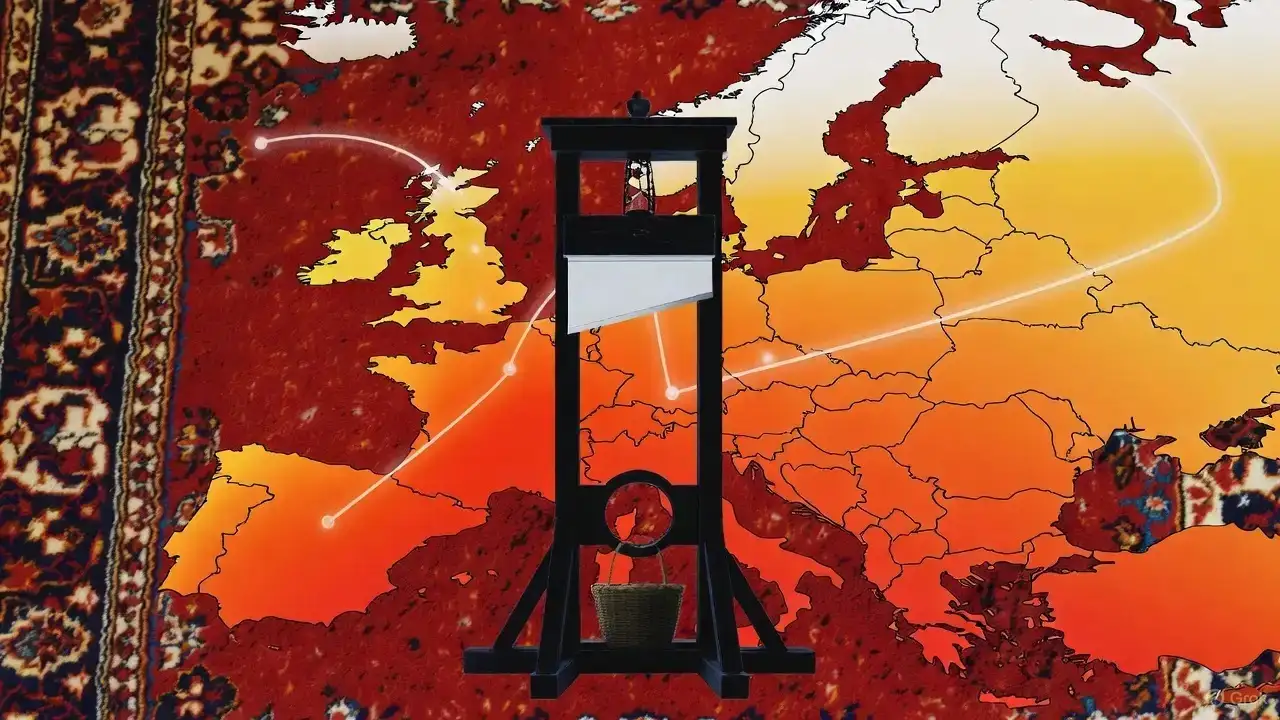RA Prime Minister's wife, Anna Hakobyan, wrote on her Facebook page.
"I started re-reading Charents' novel "Yerkir Nairi" at the beginning of November. I picked up this book for the first time since my university years. And since I was going to Reykjavik, the capital of Iceland, I took the book with me. I was reading on the plane, at Frankfurt airport, in my hotel room in Reykjavik. On the way back, however, I left my book on the Reykjavik–Frankfurt Icelandair plane.
At the airport, I already realized that I forgot the book in the mesh pocket of the seat in front of me. I took it very hard. I felt I had left my "Yerkir Nairi" among strangers. I asked our ambassador to contact the airport staff to get my book back, but the "fate" of lost items at the airport is not so easy to find, especially in a country like Germany, where everything is in order. You'll need to fill out a form; it'll be entered into the relevant body, etc. I wanted to ask to be allowed to go back, get on the same plane, and take my book from the mesh pocket, but I knew people would laugh at me if I said that out loud. And I was suffering. the feeling that I had left my "Yerkir Nairi," which I had reached the end of the world clutching to my chest, I left it, I forgot it among strangers, it did not retreat.
I had managed to read only 30-35 pages at that time. As soon as I arrived in Yerevan, I bought another copy from the bookstore, which, this time, traveled with me from Yerevan's Proshyan Street to Republic Square and vice versa.
As I read more pages of "Yerkir Nairi" of Charents, the heavy feeling I had because of forgetting my book on the plane of the Icelandic airline company was changing. It got heavier and heavier with each page. In the end, it turned into a feeling of acute shame. Shame, heartache, despair, deception, pity, anger, but most importantly, a big fight - a fight with oneself. Here is the confusion of feelings that overwhelmed me at the end of the book. It was almost similar to when a person in adulthood hears such an unwanted secret about themself from their parents that it turns their soul upside down. They are forced to recognize themselves anew and, what is the most challenging thing, to accept themselves. Of course, the first, biggest fight is with their parents and grandparents, who have lied to them for years or made cowards out of fear but did not tell the truth directly and did not teach them to live with it, face and solve it.
I thought to myself, oh my god, at least in the country of the previous trip, I would have forgotten the "Yerkir Nairi" anywhere but on the Reykjavik-Frankfurt plane. Not on the land of the Icelanders, at least in their air.
According to the 2022 census, the population of Iceland is 376 thousand 248 citizens. In 1960, only 179 thousand people lived in Iceland. More than 11 percent of today's population are immigrants. Iceland's delimited and demarcated area is 102,775 km² (2.7% water).
GDP per capita in Iceland is 83 thousand 750 dollars (to get a good idea of what standard of living this provides, remember that it is 4 thousand 595 dollars in Armenia). By GDP, this country is ahead of Sweden, Denmark, Finland, Austria, Great Britain, Belgium, Germany, France, the Arab Emirates, and Kuwait.
The history of Iceland begins in 874, when the Norwegian pirate Ingolf Arnarson settled permanently on the island, founding the first significant settlement, Reykjavik, which is still the capital of this country.
Well-meaning neighbors did not surround Icelanders. The Scots, Norwegians, Danes, and Irish had their eyes on their land.
In 1262, Iceland was part of Finland, and in 1537 - part of Denmark. In 1918, Iceland was still a sovereign state within Denmark. In the referendum of 1944, the Icelanders declared their country an independent republic. Within two years, they removed the American peacekeeping troops from their land, deployed to protect the Icelanders 20 years ago. During these years, Iceland was a poor, impoverished country.
Among the most significant wars of the 20th century, historians mention the three unrecognized wars between Iceland and Great Britain, the naval battles of 1958-76. Iceland, with a population of 170,000, has gone to war with a country of 50 million, not allowing fishing in its waters. With every war, they increased the area where the British were not allowed to fish and suffered significant human losses. In 1976, they broke off relations with England, and eventually, England gave in under US pressure, and Iceland's relations with this country were settled.
You will not surprise Icelanders with pain and suffering, either. God did not look kindly on them either in the 19th, 18th, 17th, or 16th centuries.
In 1550, the Danish king Christian III beheaded the spiritual leader of the Catholic Icelanders and his two sons and forced the people to accept Lutheranism.
In the summer of 1627, pirates raided the country, during which hundreds of inhabitants were taken as slaves to North Africa.
In 1707-1708, a smallpox epidemic killed a quarter to a third of Iceland's entire population.
In 1783, the Laki volcano erupted, and in the years that followed, known to Icelanders as the "Misty Troubles," more than half of the country's livestock died, and about a quarter of the then-population starved to death.
And yet
According to the UN's 2022 report, Iceland is currently in the top five happiest countries in the world, ranking 3rd after Finland and Denmark.
There is almost no crime in Iceland. There are no armed forces. The Ostians have no firearms. The average age of women is 81.3, and that of men is 76.4.
Iceland is the world leader in sales of scientific literature.
Well, I presented the astronomical number of GDP per capita.
Thus, before 874, there was no state called Iceland and no nation called Icelanders on the face of the earth. "After being formed," Icelanders had their bad and dark days, their pains and sorrows: hunger, slavery, war, hostile neighbors with a population exceeding tens of millions, occupations, natural disasters, "Cold Years" or "Foggy Troubles," but Iceland's 170 thousand the people managed to keep and preserve its country with an area of 102,775 km², they were not afraid to go to war with countries that outnumbered them by tens of millions, they were not afraid to make peace with those countries. They were not scared of the age-old enemy; they were not fearful that they would lose their national identity in their own country and be assimilated into the larger neighboring nations due to being a small nation. They were not afraid that the economy of the neighbor/enemy country with 50 million people would swallow their homeland with 170 thousand inhabitants. Nor were they fearful of white genocide.
During the war, they fought, and during reconciliation, they reconciled.
Icelanders did not choose a tepid state suitable for dragging their miserable existence for centuries.
And in the last 60 years, Iceland has doubled its population and become one of the world's five most prosperous and happiest countries.
And how could I leave my "Yerkir Nairi" in a mesh pocket on an Icelandic Airlines plane? Now I dream that no stranger will open that book and not understand what is written there. They will not be read until the events in Yeghishe Charents' novel "Yerkir Nairi" have been moved from our days to the past, and we have not turned them into history, our history, but the story that we will never forget, and never repeat it."


















